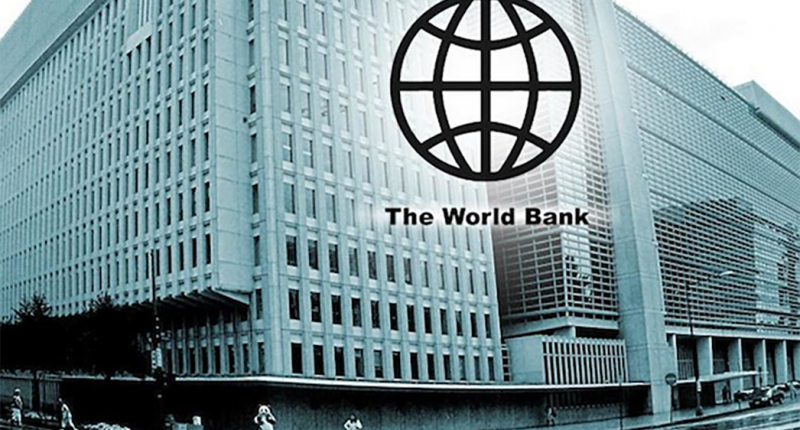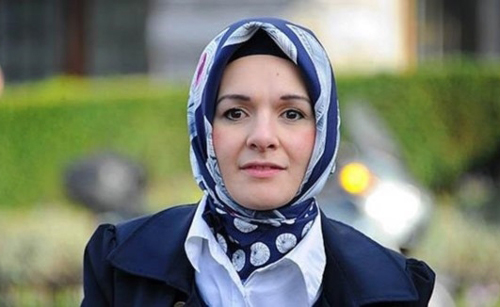WASHINGTON, DC — Economic growth in Armenia eased to an estimated 5.3 percent in 2018 and will slow down further this year before accelerating in 2020 and 2021, the World Bank said late on Tuesday.
In its latest Global Economic Prospects report, the bank also forecast weaker growth in many other countries in Europe and Central Asia. “Growth in the eastern part of the region is also anticipated to slow as large economies including Russia, Kazakhstan, and Ukraine decelerate,” it said.
The report cites “downside risks” to this outlook. “Increases in policy uncertainty could undermine confidence in the region and impact growth,” it says. “A slowdown or reversal of ongoing structural reforms remains a risk in many countries in the region, especially in Armenia, Azerbaijan, Belarus, Ukraine, and Turkey.”
The report further warns of possible spillover effects of Turkey’s current financial troubles. “While direct linkages between Turkey and the rest of the region are small, an intensification of financial turbulence there could lead investors to reevaluate their exposure to the region, likely leading to capital outflows, currency depreciations and rising borrowing costs,” it explains.
The World Bank projected lower growth rates for Armenia in its previous global report released this summer. It said that the Armenian economy will expand by 4 percent in 2018 and 2019.
The bank’s latest report estimates the country’s 2018 growth at 5.3 percent. According to its projections, growth will slow to 4.3 percent in 2019 but stand at 4.6 percent in the following years.
By comparison, the Armenian government forecast a 4.9 percent growth rate in its 2019 state budget approved by the parliament in November.
Armenian growth accelerated to 7.5 percent in 2017, according to official statistics. It hit 9.7 percent in the first quarter of 2018, just before the start of weeks of mass protests that led to the resignation of the country’s longtime leader, Serzh Sarkisian.
Political opponents of Prime Minister Nikol Pashinian, the protest leader who came to power in May, have seized upon those figures to criticize his economic record. They claim that his government’s policies are scaring away investors.
Pashinian and his associates dismiss the criticism. They say that the new government has already succeeded in practically eradicating corruption and breaking up economic monopolies that have long hampered Armenia’s development.
Economy Minister Tigran Khachatrian insisted in November that the “velvet revolution” will benefit the domestic economy in the longer term.
“The revolution has led to a greater degree of economic freedom, easier access to the markets and more equal competition,” Khachatrian told RFE/RL’s Armenian service. “These are factors that could and should create a more favorable environment for investment-related decisions. But they can’t produce results at once.”
In his first New Year’s Eve address to the nation, Pashinian reaffirmed his pledges to carry out an “economic revolution” that would significantly improve the lives of ordinary Armenians.










